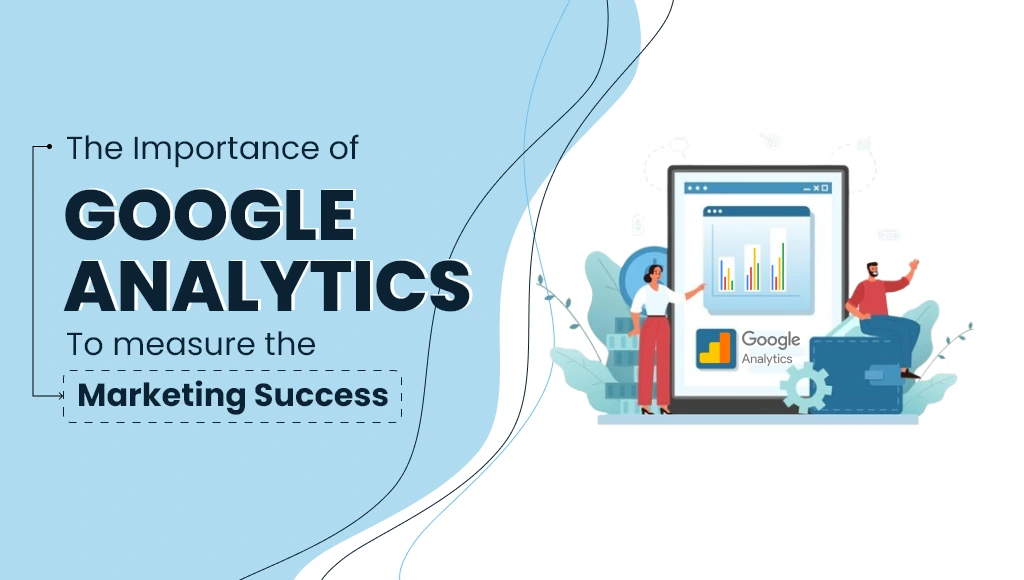info@leadxads.com
LeadX Ads

In today's digital world, having a website or running ads is no longer enough. To grow online and make smart decisions, businesses need to understand how their websites are performing and how users are interacting with them. This is where Google Analytics becomes a powerful tool. It helps you track and analyse website data, providing clear insights into what works and what doesn't. Whether you're a small business, an online store, or a digital marketing company, Google Analytics plays a key role in shaping a successful digital strategy.
Google Analytics is a complimentary service provided by Google that allows you to monitor how users find and engage with your website. It displays essential data, such as the source of your visitors (e.g., Google search, social media, or direct visits), the pages they view, their average duration of stay, and the actions they take on your site. For any business, especially those using digital marketing services, this data is extremely valuable. It enables you to better understand your audience, improve your content, and plan your future marketing activities more effectively.
One of the most important things Google Analytics helps with is tracking user behaviour. For example, it can indicate whether users are leaving your website quickly (a high bounce rate) or staying to explore additional pages. It can also show which pages are most popular or which ones may need improvement. A proficient digital marketing specialist can leverage this data to make improvements that boost the user experience and retain visitors' attention for an extended time.
Another powerful feature of Google Analytics is the ability to set goals and track conversions. A conversion can denote any important action for your business, such as filling out a contact form, making a purchase, or signing up for a newsletter. Monitoring conversions enables you to evaluate the effectiveness of your marketing efforts. If you are running a local business, working with a digital marketing company in Kerala or Malappuram can help you set and achieve these goals, as well as interpret the results to grow your customer base.
Google Analytics also helps improve your SEO and content strategy. It shows where your traffic is coming from—such as organic search, paid ads, social media, or email marketing. This indicates which marketing channels are performing well and which ones may require additional attention. For example, if organic traffic is low, your digital marketing agency in Kerala may decide to focus more on SEO. If most traffic is coming from Facebook or Instagram, you may want to consider increasing your content creation efforts for those platforms. Agencies offering digital marketing services in Malappuram often utilise this data to tailor content and ad strategies to local audiences.
Another advantage of utilising Google Analytics is the availability of real-time information and the ability to generate personalised reports. You can see how many people are on your website right now, what pages they're visiting, and where they are located. This helps track the performance of new content or live campaigns. A trustworthy digital marketing agency in my area can create dashboards and tailored reports to help you track the key metrics most important to your business.
In conclusion, Google Analytics serves a purpose beyond merely providing numerical data. It gives a clear view of your digital presence and helps you make informed decisions based on real data. It enables businesses to understand their audience, track results, enhance their websites, and plan more effective campaigns. Whether you manage your marketing in-house or work with a digital marketing company, using Google Analytics effectively can lead to improved growth and performance. For companies in Kerala, particularly those in need of specialised local knowledge, collaborating with a digital marketing firm in Malappuram or a reliable digital marketing agency in Kerala can significantly enhance the effectiveness of your data utilisation.